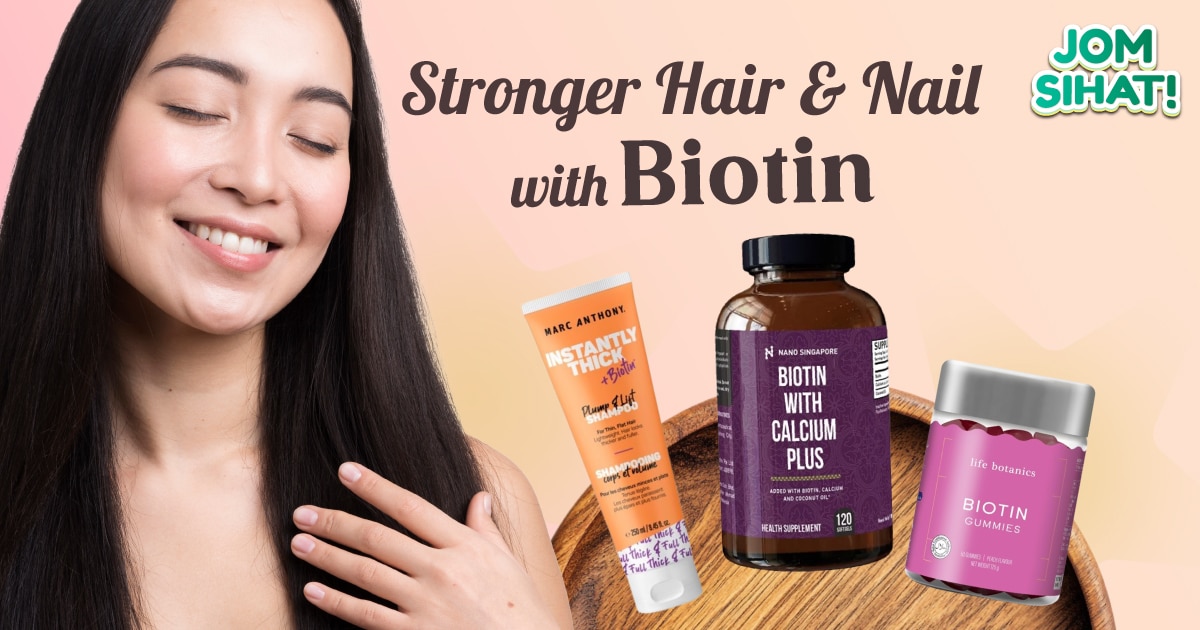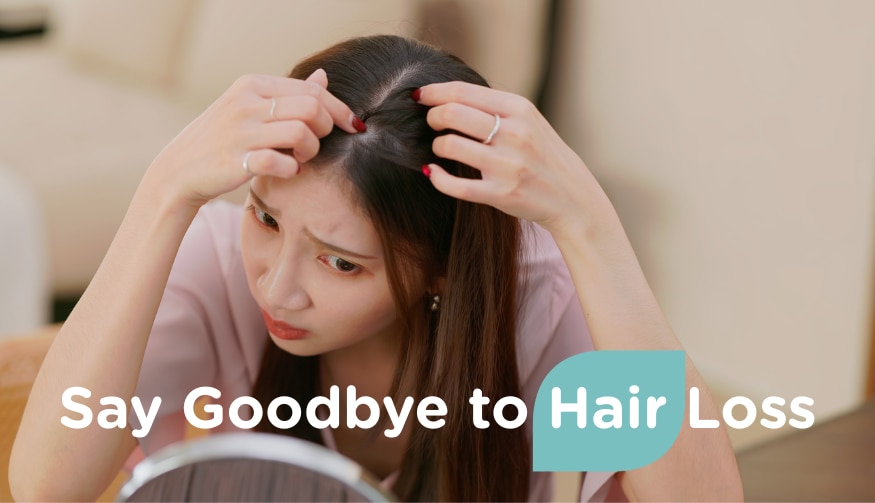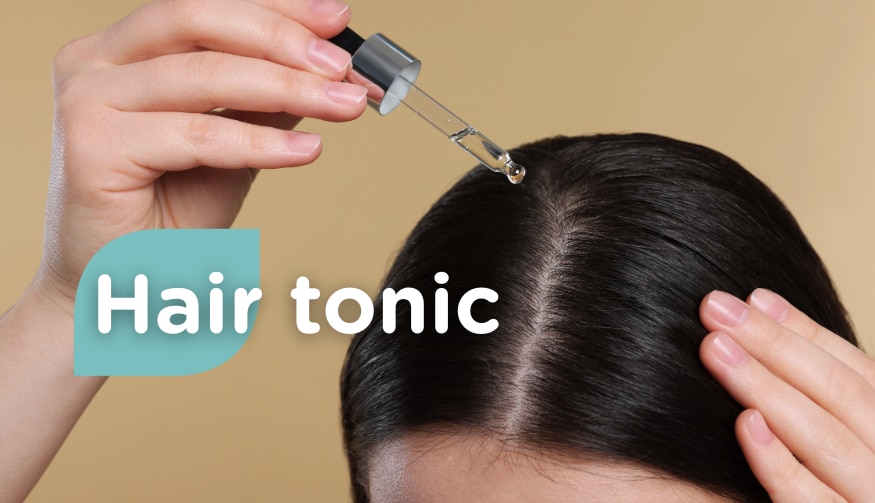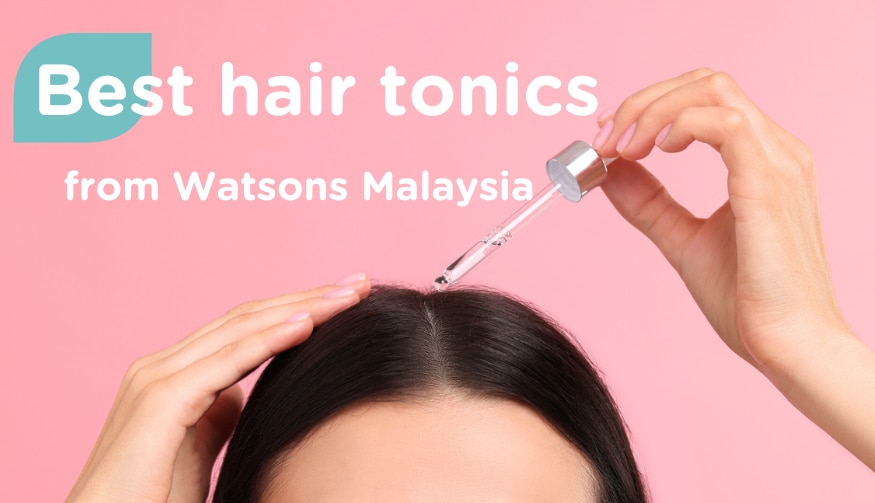Biotin, also known as Vitamin B7, is a water-soluble vitamin that plays an important role in how our body turns food into energy. But it’s not just all about metabolism, biotin is also essential for keratin production, the protein that makes up your hair, skin, and nails. 😉
That’s why biotin for hair and nail health has become such a popular trend. From longer strands to stronger nails, many people are turning to this vitamin to boost their beauty routine. Let’s dive into what it really does!
What Is Biotin & What Does It Do?
Biotin (a.k.a. Vitamin B7) helps your body break down carbs, fats, and proteins — which keeps your energy levels up and your cells functioning well. But what’s really cool? It also supports keratin production, which is crucial for strong hair and nails.
When your body’s low on biotin, you may experience symptoms such as thinning of the hair, skin rashes, hair loss and brittle nails. That’s why having enough of this vitamin often gets linked to beauty perks like:
Benefits of Biotin for Hair and Nail
- Promotes hair growth: Biotin acts as a coenzyme in keratin production. When keratin level increases, it will lead to thicker and healthier hair strands. The results vary – it’s more effective for those with biotin deficiency than those without. So, while biotin for hair growth isn’t a guarantee, it can still support overall hair strength and appearance.
- Strengthens hair strength: Healthier strands mean less breakage and fewer split ends. Over time, biotin may help reduce hair damage and improve how strong your hair feels.
- Promotes nail growth: If your nails grow super slowly or are always breaking, biotin could help. It supports the keratin-making process in the nail matrix (that’s the part under your skin where new nail cells form).
- Reduces nail brittleness: Brittle nails that peel or crack easily can sometimes be a sign of low biotin. Taking a biotin supplement may help strengthen nails, making them thicker, smoother, and less likely to chip.
Sources of Biotin

Food: You can get biotin from a bunch of everyday foods. According to National Institutes of Health (NIH), great sources include eggs, fish, poultry, nuts, and vegetables like spinach and broccoli contains are one of the best sources of biotin.
Tip: Avoid raw egg whites if you’re worried about biotin absorption. They contain a protein that can block biotin from being absorbed properly. So stick with cooked eggs, especially if you’re low on biotin.

Supplements: Biotin supplements are a super popular choice, especially if your diet isn’t giving you enough. They come in tablets, capsules, and even gummies! Super easy to add to your routine, just one a day may help support stronger hair and nails over time.

Hair Products: You’ll also spot biotin in lots of shampoos and conditioners. While they don’t absorb into your body like food and supplements, they can help improve your hair’s texture, reduce breakage, and give it a healthier shine.
References:
- National Institute of Health. “Office of Dietary Supplements – Biotin.” Nih.gov, 2017, ods.od.nih.gov/factsheets/Biotin-HealthProfessional/.
- Panoff, Lauren. “The Top 10 Biotin-Rich Foods.” Healthline, Healthline Media, 24 July 2020, www.healthline.com/nutrition/biotin-rich-foods#2-Legumes.
- Patel, Deepa P., et al. “A Review of the Use of Biotin for Hair Loss.” Skin Appendage Disorders, vol. 3, no. 3, 2017, pp. 166–169, www.karger.com/Article/FullText/462981#, https://doi.org/10.1159/000462981.










